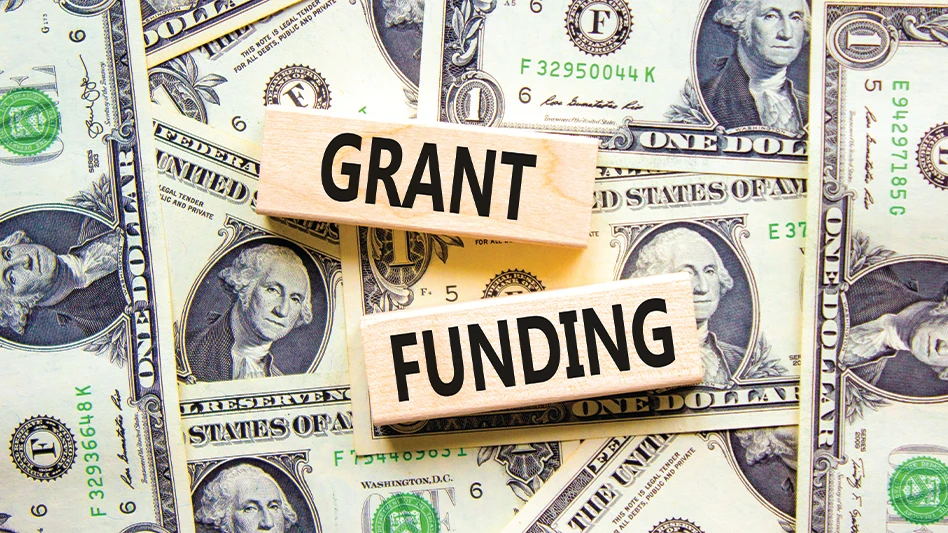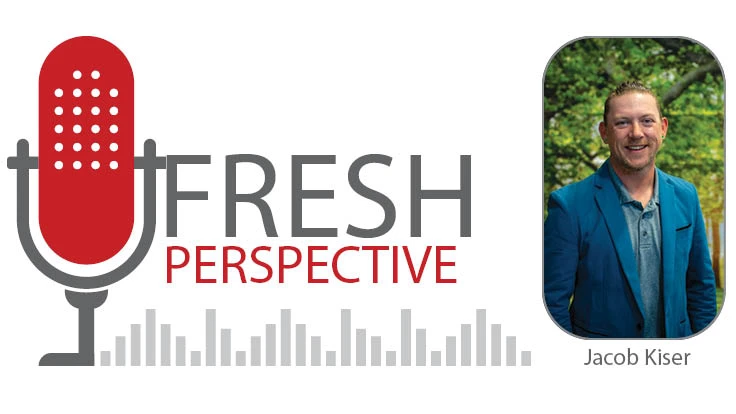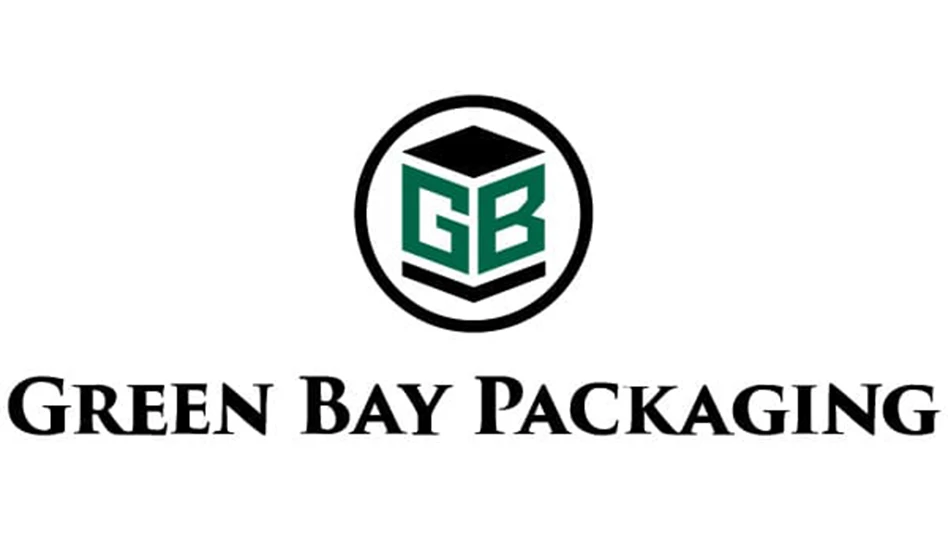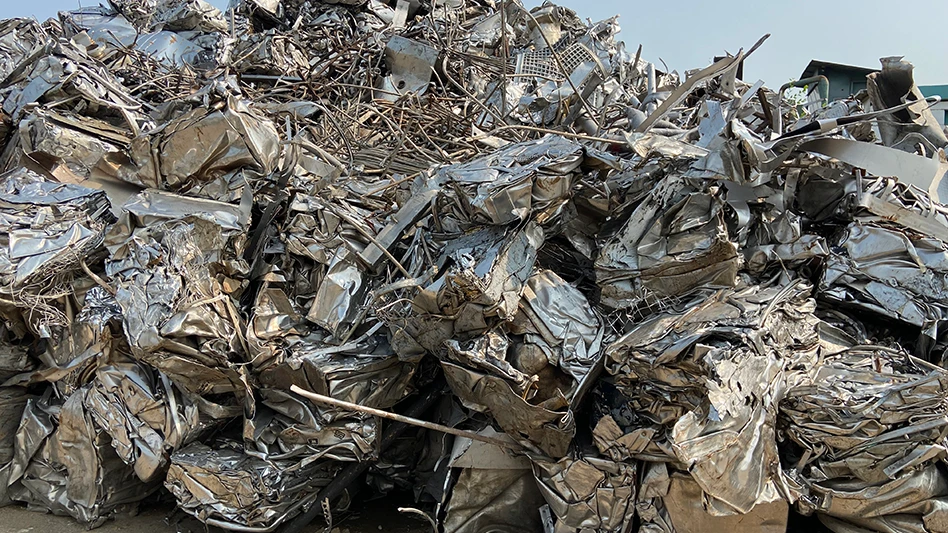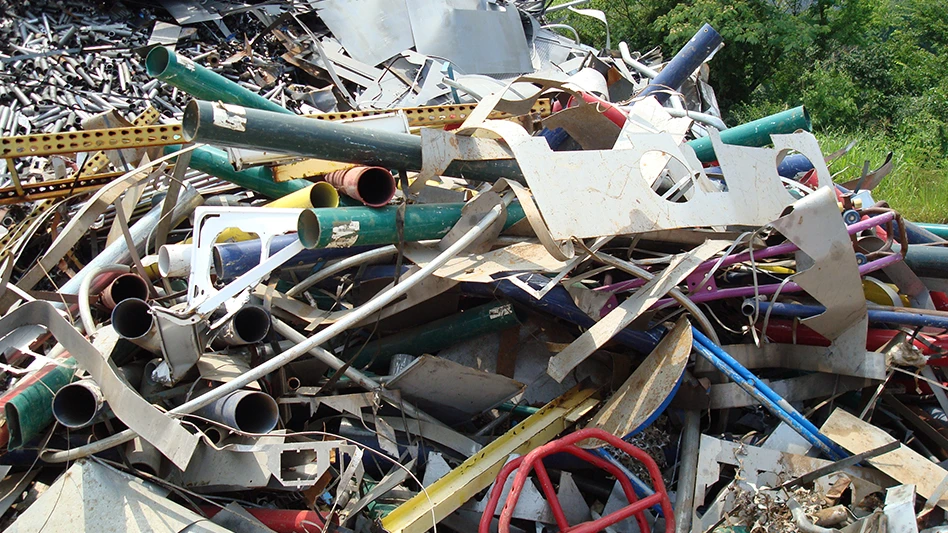
Photo courtesy of WM
WM has completed the automation update at its Germantown Recycling Facility in Wisconsin. The upgrade is part of the Houston-based company’s plan to invest more than $1 billion in new and upgraded recycling facilities across North America through 2026.
Brent Bell, vice president of recycling at WM, says the Germantown Recycling Facility, what others in the industry refer to as a material recovery facility (MRF), is one of 13 facilities the company will upgrade or open this year. "[This] is the biggest year we have on record” for these investments, he says, adding that 2025 will see the company open or upgrade roughly 13 MRFs as well.
RELATED: WM portrays sustainability as its growth driver
Of the 10 recycling facilities WM is upgrading this year, many are its larger facilities. In addition to Germantown, that includes WM’s Twin Cities recycling facility in Minnesota as well as its Elkridge, Maryland, recycling facility and its Philadelphia, Atlanta and Pittsburgh recycling facilities.
WM also will open three new recycling facilities this year, including one in Fort Walton Beach, Florida. While that will be a smaller facility than the Germantown Recycling Facility, Bell says WM is excited to bring single-stream recycling to the area and is investing to educate residents and vacationers that recycling will be available and how to do so properly.

In terms of its progress on its overall plan to invest in its recycling infrastructure, Bells says the Germantown upgrade does not quite represent the midpoint.
“The total investments will drive nearly 3 million tons of new capacity—2.8 million—and that helps with the WM sustainability goal that we have, which is getting 25 million tons by 2030 at a 60 percent improvement rate," he says.
WM has invested nearly $39 million in the Germantown upgrade, with Bell the investment per plant varies depending on location and whether it’s a new build or an upgrade, among other factors.
WM has the same fundamental objectives with these investments, Bell says, which include expanding the facilities’ capacity and the types of recyclables that can be recovered and improving the quality of the recovered materials.
Germantown’s capacity has been increased from 150,000 tons per year to 230, 000 tons, which equates to more than 60 tons per hour. The project involved the installation of 17 optical sorters that use artificial intelligence, or AI, enabling them to adapt to changing material streams and capturing data that provide immediate feedback related to quality so facility operators can investigate and address issues in real-time.
Bell says WM’s Chicago recycling facility serves as the blueprint for the company’s investments in its facilities, which also include the addition of volumetric scanners and control rooms that enable facilitywide monitoring.
The Germantown Recycling Facility, which includes plastic film extraction technology, can recover natural high-density polyethylene (HDPE), colored HDPE, polyethylene terephthalate and polypropylene plastics, as well as old corrugated containers, mixed paper and what Bell describes as a “higher-end mixed paper” that has a lot of white paper in it, as well as aluminum used beverage cans.
RELATED: Creating opportunity for film plastics
He says visitors from four or five local paper mills have visited the Germantown Recycling Facility and are interested in the high quality of the recovered fiber.
The recycling facility also includes a final optical sort line that sends missed recyclables back for a second chance to be recovered.

“For decades, WM has played an integral role in making recycling a reality for local communities,” WM Upper Midwest Area Vice President Frank Fello says in a news release about the upgraded facility. “This investment represents our ongoing commitment to enable sustainability progress for Wisconsin. This upgrade utilizes state-of-the-art equipment that focuses on optical sorting technologies that increase the amount of recycling we can process on behalf of local communities and businesses.”
Bell says WM proactively communicated to the communities the Germantown Recycling Facility serves that the facility was increasing its capacity and wanted more material to process. That led to discussions about upgrading the size of residents’ carts and reaching out to potential new customers, including commercial accounts the company provided waste collection services to about adding recycling services.
Bell says WM’s investments respond to the growing demand for recycling access and enable the company to capture more recyclables to meet the demand for recycled-content products.
Get curated news on YOUR industry.
Enter your email to receive our newsletters.
Latest from Recycling Today
- ReMA lobbies for shredder wear parts tariff exclusion
- Dow, Gruppo Fiori develop recycling pathway for automotive polyurethane foam
- Ascend produces recycled lithium carbonate from used LIBs
- RecycLiCo acquires building to serve as corporate HQ, operational hub
- EZVIZ partners with Plastic Bank
- Radius, under new ownership, replaces CEO
- SMS in Illinois sells assets to equity investor
- Mayr-Melnhof reports earnings growth so far in 2025
